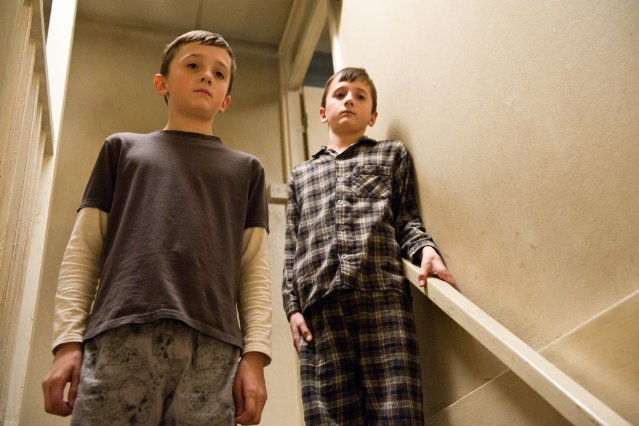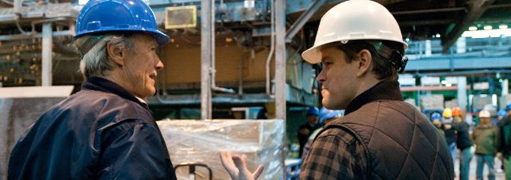Film Review: Clint Eastwood Directs Matt Damon In Hereafter
Clint Eastwood’s New Film Isn’t Dead, Just Resting


bro. It’s those cute twin girls from The Shining. ”

“Hey


